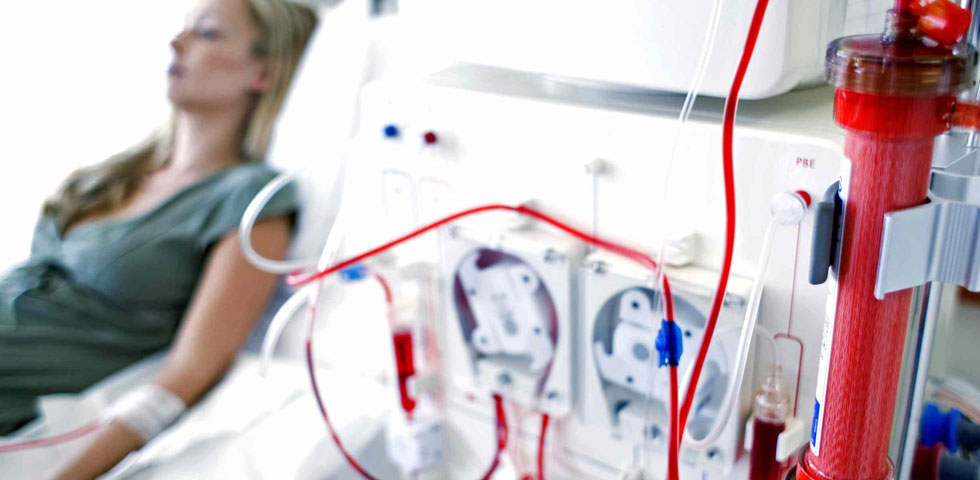When your kidneys function optimally, they play a crucial role in cleansing your blood and producing hormones essential for maintaining strong bones and healthy blood. However, when kidney function declines, necessitating treatment to compensate for their diminished function. In the absence of a kidney transplant, dialysis becomes necessary.
Dialysis, the primary treatment for kidney failure, comes in two main forms, both aimed at purifying your blood by eliminating harmful wastes, excess salt, and water:
- Hemodialysis : This method involves using a machine, often referred to as an artificial kidney. Patients typically visit a specialized clinic for sessions several times a week, during which their blood is filtered externally to remove impurities.
- Peritoneal Dialysis : With this approach, the lining of the abdomen, known as the peritoneal membrane, serves as the filtering mechanism. Through the use of a catheter, a cleansing solution is introduced into the abdominal cavity, where it absorbs toxins and excess fluids before being drained out.
Regardless of the dialysis method chosen, the goal remains the same: to effectively cleanse the blood and maintain overall health in individuals with compromised kidney function.

